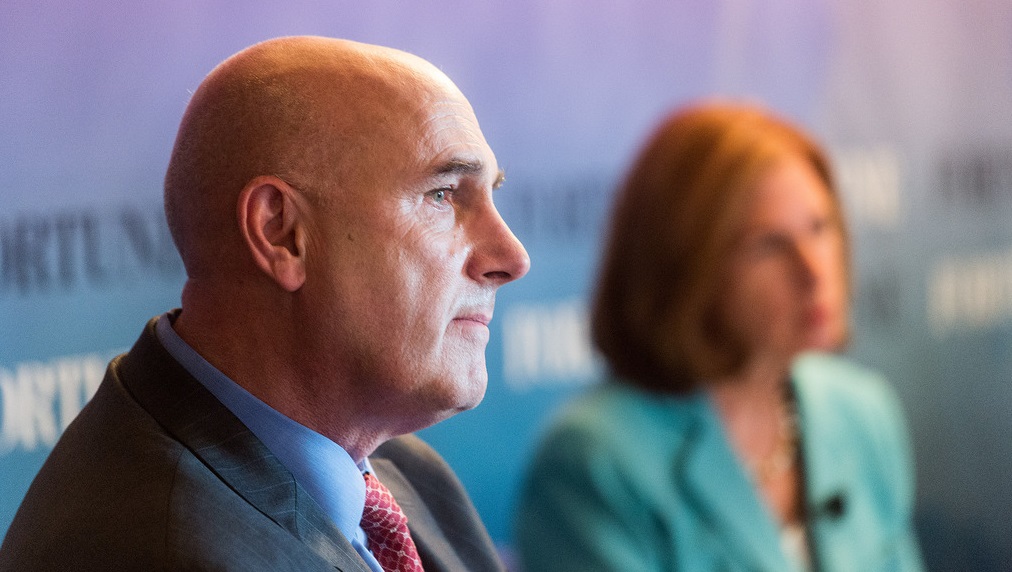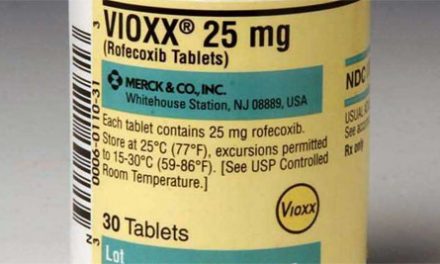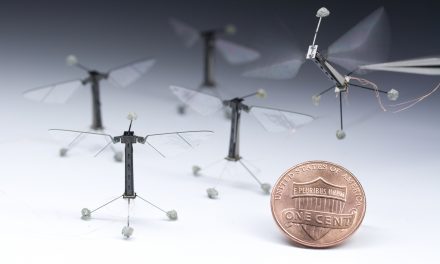The Monsanto Company has had yet another turbulent year, spent defending its controversial herbicide glyphosate and moving to stop proposed bans on its destructive farm chemical dicamba among other projects.
RELATED STORY:
Dicamba use has led to the destruction of over three million acres of farmland (and that’s only counting soybean crops), leading farmers in 10 states to sue Monsanto and to consider (or in the case of Arkansas, pass) bans on the chemical.
But despite those controversies (and scandals involving the alleged paying of academics and ghostwriting of editorials), Monsanto’s CEO Hugh Grant is being handsomely rewarded, receiving a lavish pay raise putting his salary in the same range as some of Wall Street’s top CEOs — all for running one of the most controversial and toxic companies in the world.
As noted in this report from Bloomberg, Monsanto’s CEO Hugh Grant’s pay has been increased by 64 percent for the 2017 fiscal year, bringing his total pay to a staggering $19.5 million.The pay raise comes during a year in which the company was accused, and many would even say caught red-handed, ghostwriting editorials, paying off academics and even colluding with former EPA officials to “kill” safety studies on its most controversial products.
Despite widespread scandals and controversies, Monsanto’s pending merger with Bayer is bringing optimism, even as activists denounce and speak out against what could be a monopoly in the agrochemical business.
RELATED STORY:
Monsanto did quite well this past year despite ongoing protests, reportedly surpassing all of its performance goals for earnings per share, free cash flow and net sales according to Bloomberg.
The company hopes the Bayer merger will be approved by early 2018, but it still faces intense scrutiny and questions about the impacts it will have on farmers and seed prices, not to mention the environment and human health.
Monsanto, Grant Continue to March Forward In Face of Controversy
Monsanto’s role in the U.S. agriculture business is of course highly controversial, as the company has been involved in the production of harmful chemicals ranging from DDT to Agent Orange, PCBs and more.
The company insists its chemicals are “safe” citing government studies (including a recent one from the EPA). But evidence to the contrary includes a 2015 declaration by the World Health Organization’s International Agency for Research on Cancer that glyphosate is a “probable human carcinogen.”
Questions over collusion with government regulators also have raised doubts.
For example, EPA official Jess Rowland was quoted as saying “if I kill this, I should get a medal” about a proposed EPA glyphosate safety study after corresponding with a Monsanto regulatory affairs manager, according to leaked emails.Glyphosate is the main ingredient in Roundup, Monsanto’s top-selling herbicide, which is sprayed in large amounts of crops the company genetically engineers in a lab (also known as GMOs) in order to withstand the sprayings.
The company’s GE crops are also highly controversial as nearly 20 European countries recently instituted some sort of ban on them — including Grant’s home country of Scotland.
RELATED STORY:
- BREAKING: Robert Kennedy Jr., 40 California Residents SUE Monsanto, Saying Weed Killer Caused Cancer
But in the United States, GMOs (another term for genetically engineered seeds and crops) have not been labeled, leaving consumers in the dark, in stark contrast to the way they are treated in Europe.
The company insists its GMOs and chemicals are needed to “feed the world,” but multiple international reports disagree, including a recent one from the United Nations stating that chemical intensive agriculture is not needed for that purpose.
Despite the controversies and worldwide protests against them, Grant and Monsanto continue to march forward.
And the financial rewards as high as the CEO’s salary hike just showed, it’s easy to understand why. Special thanks to GMO Free USA for originally sharing this story.
*Article originally appeared at Alt Health Works.












